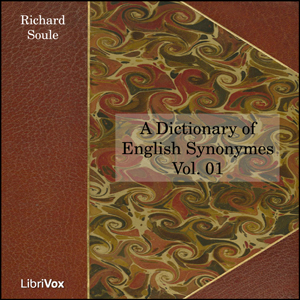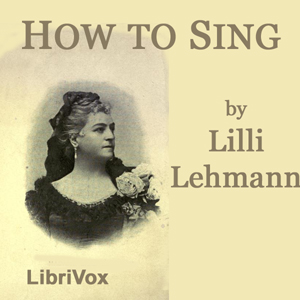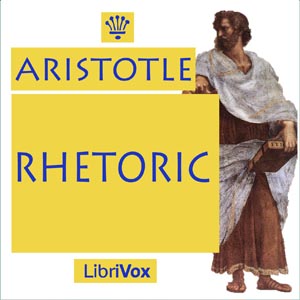- Introductory: the Middle Ages and Their Characteristic Features Part 1 by F. J. C. Hearnshaw
- Introductory: the Middle Ages and Their Characteristic Features Part 2 by F. J. C. Hearnshaw
- Introductory: the Middle Ages and Their Characteristic Features Part 3 by F. J. C. Hearnshaw
- The Religious Contribution of the Middle Ages Part 1 by Rev. Claude Jenkins
- The Religious Contribution of the Middle Ages Part 2 by Rev. Claude Jenkins
- The Religious Contribution of the Middle Ages Part 3 by Rev. Claude Jenkins
- The Religious Contribution of the Middle Ages Part 4 by Rev. Claude Jenkins
- Philosophy Part 1 by H. Wildon Carr
- Philosophy Part 2 by H. Wildon Carr
- Science Part 1 by Charles Singer
- Science Part 2 by Charles Singer
- Science Part 3 by Charles Singer
- Science Part 4 by Charles Singer
- Art Part 1 by Rev. Percy Dearmer
- Art Part 2 by Rev. Percy Dearmer
- The Middle Ages in the Lineage of English Poetry by Sir Israel Gollancz
- Education Part 1 by J. W. Adamson
- Education Part 2 by J. W. Adamson
- Society Part 1 by Hilda Johnstone
- Society Part 2 by Hilda Johnstone
- Economics Part 1 by E. R. Adair
- Economics Part 2 by E. R. Adair
- Politics by J. W. Allen
The mediaeval contributions to modern civilisation, which are the theme of this book, are twofold.
There is the contribution of the idealised Middle Ages, magnified, mirrored, and roseate in the reflective thought of modern man concerning the Middle Ages. This is their contribution as it appeared to Morris, or as it appears to Mr. Belloc, or Mr. Chesterton, or the votaries of guild socialism. It is a contribution made not by the actual Middle Ages, but by a projection of the Middle Ages on an ideal screen by an idealising mind. It is a contribution, but it is an indirect contribution; it moves the mind and stirs the spirit of men, but the motion and the stirring are those not of the Middle Ages themselves, but rather of a certain antiquarian idealism — an inverted Utopianism, as it were, leading men to find the Utopia, or Nowhere, of the future in what one may call a Never Was of the past.
But besides this indirect and ideal contribution — none the less real because it is indirect and ideal — there is the direct and actual contribution of the Middle Ages as they actually were. It is this contribution which is the peculiar theme of this book. That contribution is very real, and very profound. The Middle Ages are the pit from which we were digged, and the rock from which we were hewn. They are the beginnings and the origin of the things that exist to-day; and "if one should look at things as they grow from the beginning," said Aristotle, "it would be the best method of study." - Summary by Preface
There is the contribution of the idealised Middle Ages, magnified, mirrored, and roseate in the reflective thought of modern man concerning the Middle Ages. This is their contribution as it appeared to Morris, or as it appears to Mr. Belloc, or Mr. Chesterton, or the votaries of guild socialism. It is a contribution made not by the actual Middle Ages, but by a projection of the Middle Ages on an ideal screen by an idealising mind. It is a contribution, but it is an indirect contribution; it moves the mind and stirs the spirit of men, but the motion and the stirring are those not of the Middle Ages themselves, but rather of a certain antiquarian idealism — an inverted Utopianism, as it were, leading men to find the Utopia, or Nowhere, of the future in what one may call a Never Was of the past.
But besides this indirect and ideal contribution — none the less real because it is indirect and ideal — there is the direct and actual contribution of the Middle Ages as they actually were. It is this contribution which is the peculiar theme of this book. That contribution is very real, and very profound. The Middle Ages are the pit from which we were digged, and the rock from which we were hewn. They are the beginnings and the origin of the things that exist to-day; and "if one should look at things as they grow from the beginning," said Aristotle, "it would be the best method of study." - Summary by Preface
There are no reviews for this eBook.
There are no comments for this eBook.
You must log in to post a comment.
Log in











